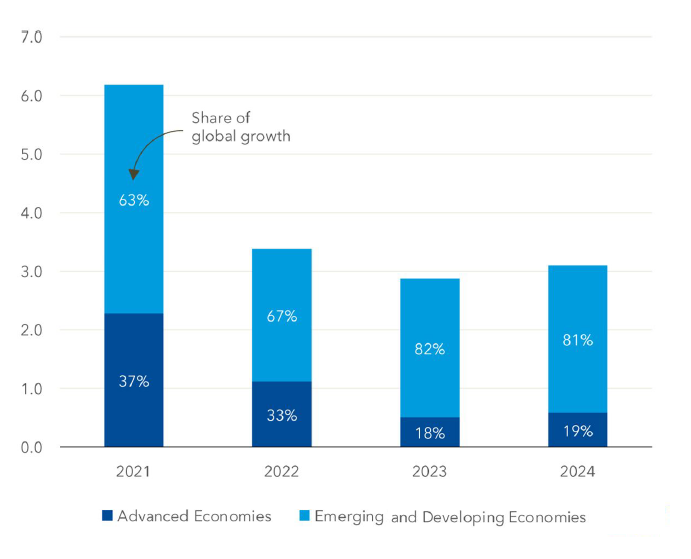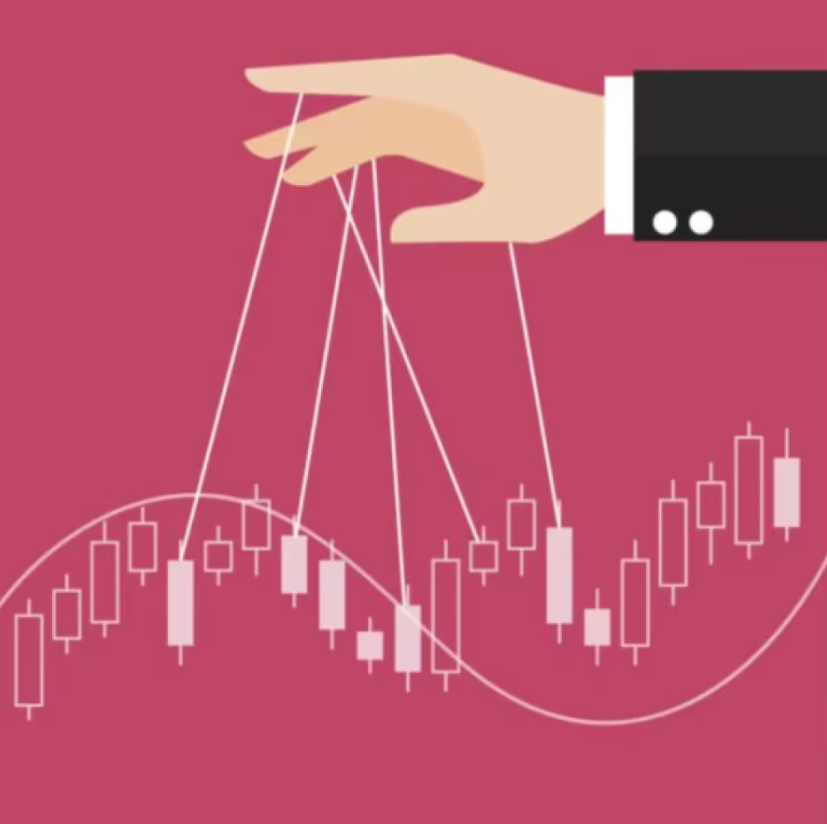Xiao Bin, Deputy Secretary-general, Center for Shanghai Cooperation Organization Studies, Chinese Association of Social Sciences
Mar 24, 2023
The Russia-Ukraine war has shaken Europe’s energy security, triggering major adjustments in supply chains, consumption and renewable energy development. The conflict and its spillover effects suggest that a new economic cold war may already be underway.
Kathryn Neville, Masters student, Johns Hopkins University School of Advanced International Studies
Mar 13, 2023
The end of ‘zero-COVID’ policies may have produced some private sector optimism about the country’s growth trajectory but certain indicators reveal a weakness in the system. Policymakers and investors remain skittish on China, increasingly looking to Southeast Asia as a haven of financial promise and stability.
Zhang Monan, Deputy Director of Institute of American and European Studies, CCIEE
Mar 09, 2023
Industrial and supply chains have become the main theater of competition between China and the United States. America’s technology war will be deliberate, intense and long-term. For this reason, China must be strategically prepared for a protracted fight.

Dan Steinbock, Founder, Difference Group
Mar 01, 2023
The year 2023 represents a turning point. If economic realities guide global prospects, it will be a positive turnaround. If geopolitics will continue to penalize economic prospects, a negative inflection point is more likely.
Leonardo Dinic, Expert in Geopolitics and International Business, the Future of Work, and Emerging Technologies
Mar 01, 2023
Next winter, Europe is likely to face a challenging time in the energy market, in part due to China’s increased energy demand post-COVID lockdowns. As European countries reduce their dependence on Russian pipeline gas and imports of liquified natural gas, they will face challenges and potential shortages that might impact energy supply security and pricing.
Leonardo Dinic, Expert in Geopolitics and International Business, the Future of Work, and Emerging Technologies
Feb 27, 2023
The recent sanctions from the U.S. against Chinese satellite manufacturer Spacety China in response to the company’s alleged connection with Russia’s Wagner group of mercenaries have significant geopolitical implications. These include increased tensions as a result of U.S. efforts to counter Russia’s aggression in Ukraine, and consequently, an aggravated relationship between Russia and China.
Zhou Xiaoming, Former Deputy Permanent Representative of China’s Mission to the UN Office in Geneva
Feb 21, 2023
America’s professed commitment to the WTO is suspect: What it really wants is to reshape the organization in its own image. By rejecting the WTO ruling against it, the U.S. is putting the teetering trade body at risk.
Yu Yongding, Former President, China Society of World Economics
Feb 17, 2023
In March 2022, the Chinese government set a target of 5-5.5% GDP growth for the year. At the time, such growth levels appeared perfectly attainable. But within a month, the Omicron variant had arrived, triggering strict lockdowns that, while stemming the spread of the coronavirus, caused serious damage to the supply and demand sides of the economy. China’s growth rate for 2022 was just 3%.
Zhong Yin, Research Professor, Research Institute of Global Chinese and Area Studies, Beijing Language and Culture University
Feb 17, 2023
Paradoxically, last year set a record for trade between China and the United States, notwithstanding hostilities. But while the internal dynamics for economic interaction and trade remain resilient for now, some analysts see clouds on the horizon.

Christopher A. McNally, Professor of Political Economy, Chaminade University
Feb 14, 2023
With the lift of zero-Covid restrictions, Chinese policymakers are in search of a new politico-economic model to sustain Chinese growth and innovation in the 2020s.
Back to Top

- China-US Focus builds trust and understanding between the U.S. and China through open dialogue among thought leaders.
- Our Offerings
- Topics
- Videos
- Podcasts
- Columnists
- Research Reports
- Focus Digest
- Stay Connected
-
Thanks for signing up!
- Get the latest stories from China-US Focus weekly.